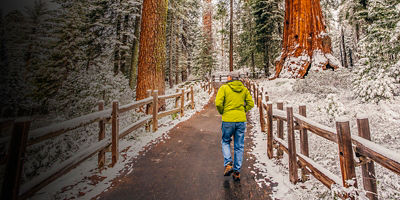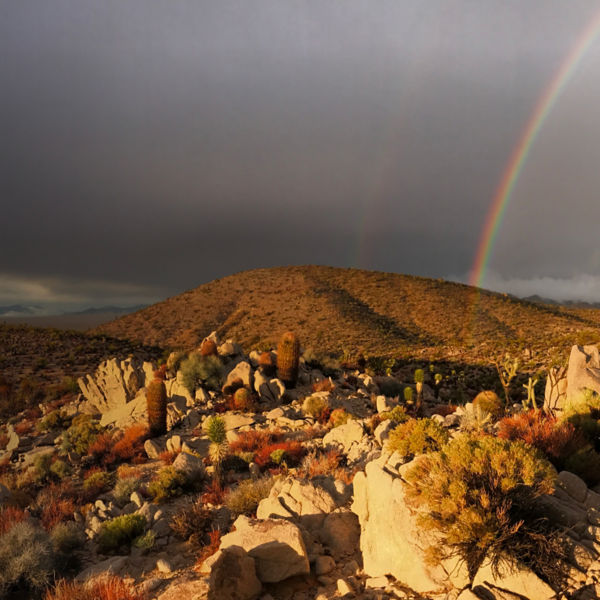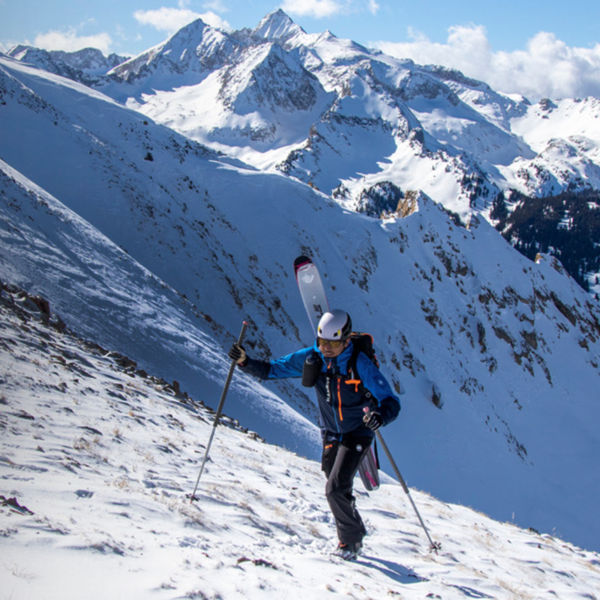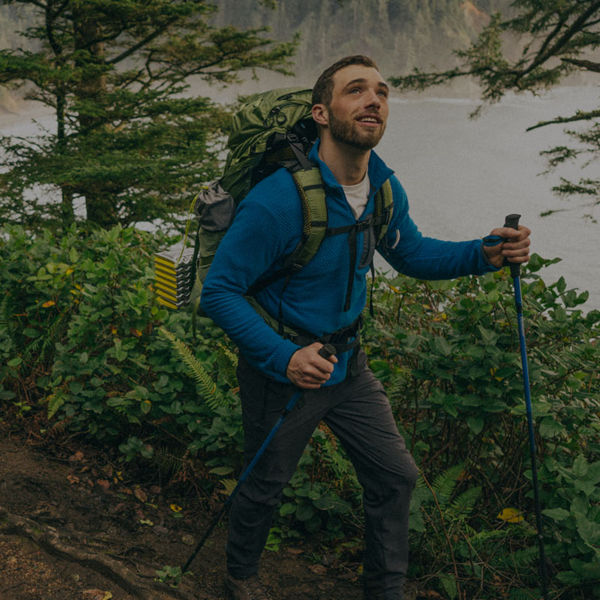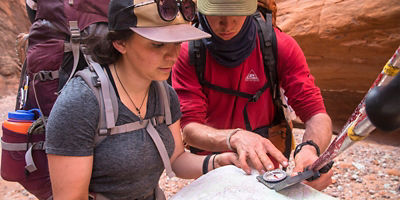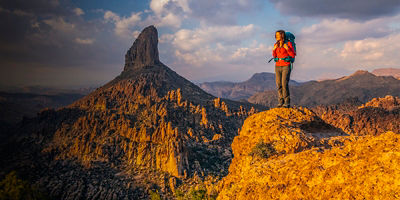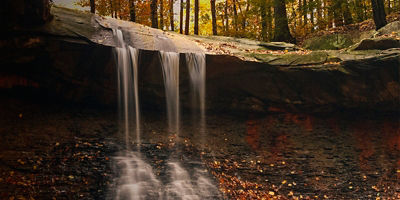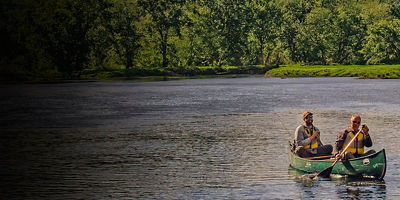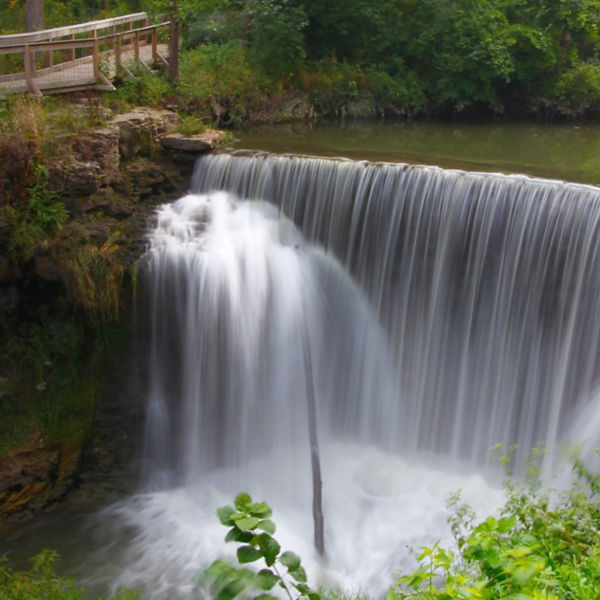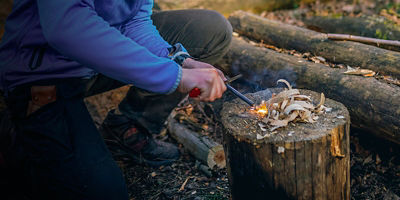
There’s nothing scarier than the unknown, but a GPS device can make it a little less daunting. GPS units help you navigate in new territory, and they can be lifesavers if something goes wrong. The latest versions are also incredibly versatile: Today’s GPS-equipped devices range from activity-tracking smartwatches to emergency beacons and satellite telephones.
So how do they work? First, the basics: GPS stands for Global Positioning System. Using radio signals, a GPS device communicates with dozens of satellites that orbit Earth in order to triangulate your exact location. GPS devices all operate on those basic principles, but they can have other features as well, including the ability to send and receive messages.
Safety is paramount when venturing outdoors. Often, you won’t have cell service and could be hours away from any type of emergency assistance. To adventure responsibly, you have to be prepared—and outfitting yourself with GPS is an important part of that preparation.
When purchasing a GPS device, consider elements like its size, battery life, and overall functionality. Here’s what you need to know to buy the right model for you.
In this article, you’ll learn:
- Types of GPS devices
- What factors to consider when using a GPS device for navigation
- How to shop for emergency GPS devices
- The pros and cons of GPS apps
- How to choose the right GPS for your needs
Types of GPS Devices
At its core, a GPS device is a navigation, tracking, or location tool, and the technology comes in a variety of forms:
- Handheld GPS mapping devices
- Emergency beacons
- GPS-equipped smartwatches
- Smartphone apps that facilitate GPS use
GPS for Primary Navigation
If you’re carrying a GPS on a cycling, hiking, or backpacking trip to navigate, make sure your device is durable, reliable, and not too heavy or bulky.
Durability
Durability matters with GPS units just as much as it does with other outdoor essentials. From jostling around in your pack to exposure to sun and storms, your GPS needs to withstand some serious abuse. Look for water-, dust-, and shock-resistance ratings to ensure that it’ll hold up through various weather conditions—rain or snow, cold or hot temperatures—as well as dusty or sandy environments.
Mapping
Maps can come preloaded on a GPS device, but in most cases you will have to download maps depending on your location and the type of information you want (topographic, road, or waterway maps, for example).
Rates
Some navigation and communication services come with a subscription fee, and those rates will vary between service providers. Most plans factor in how frequently you’ll be using your device throughout the year as well as non-mapping extras your device might offer, like sending or receiving messages via satellite.
Reliability
Whatever you buy, it needs to be reliable and easy to use. For that reason, don’t overcomplicate things: Buy a GPS device that meets your technological needs without overwhelming your capacity to use it quickly and efficiently. One key reliability concern is battery life. If you’ll be using a GPS device for primary navigation, it’ll need long battery life (or else you’ll have to charge it constantly). Many devices will require a charge at some point on a multi-day trip, so consider if you’ll need to bring a battery bank and charger along. It’s also a good idea to test all devices before heading into the field.
Wireless Connectivity
Wireless connectivity can make GPS units easy to use by moving the entire interface to an app on your phone. But relying on this system also has its risks: In addition to keeping your GPS powered and protected from the elements, you have to keep your phone powered and protected, too.
Size
This will matter more the longer or farther you have to carry the GPS device. A unit’s weight will likely depend on its features and functions. Devices with interactive screens will be bigger than simpler beacons or those that use Bluetooth connections to link your phone, where you can use an app to manage the device. Choose a product that won’t weigh you down but still has all the functions you need.





